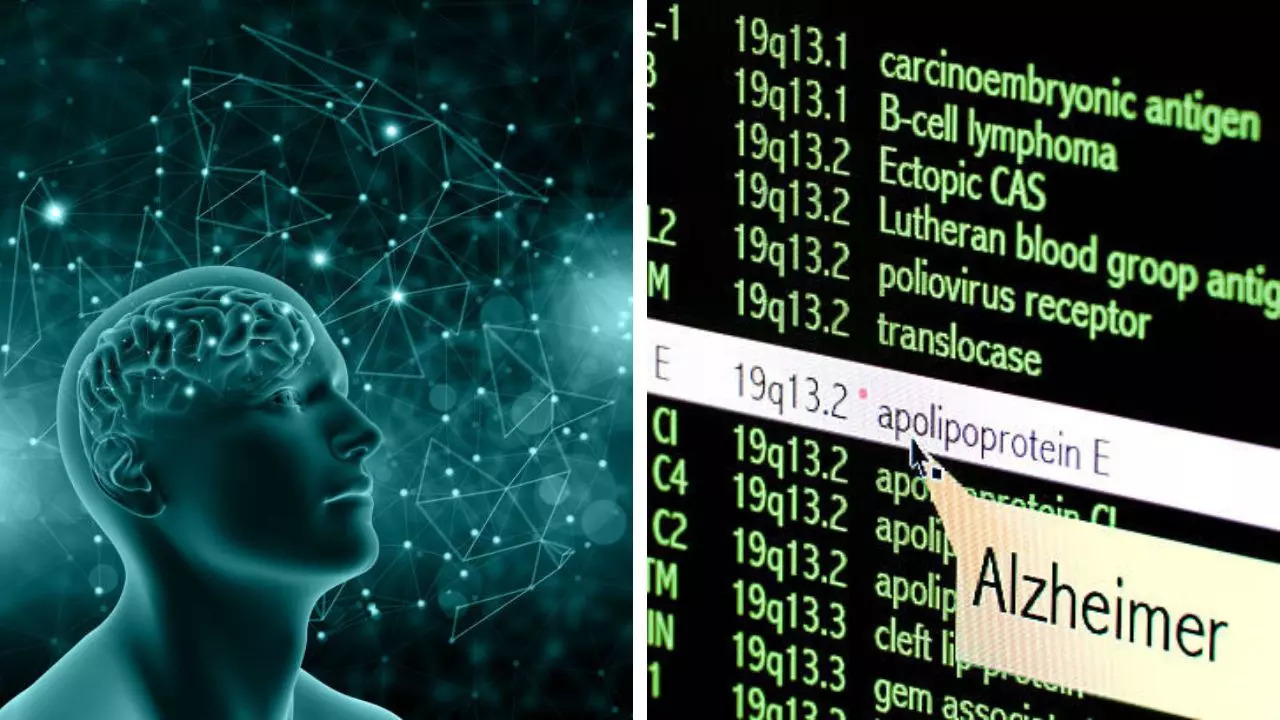Contents
-
news
-
Health
Alzheimer’s disease: who needs genetic testing and what does it reveal?
Genetic testing is important if you have a history of Alzheimer’s in your family, but according to experts, it should be done with due caution and proper guidance. For the Indian population as Alzheimer’s cases rise, it could become an important adjunct to overall preventive health measures to help families prepare for care and better understand their risks. Read on to know the details.

Genetic testing can give people information about their underlying disposition and risk profile for developing Alzheimer’s, especially in those who have a family history of it.
Alzheimer’s is one of the most progressive neurodegenerative diseases as it affects millions of people worldwide. According to experts, lifestyle factors and other environmental elements contribute to this degenerative disease, but genetics also play an important role.
But why is genetic testing important? “Genetic testing can give people information about their underlying disposition and risk profile for developing Alzheimer’s, especially in those who have a family history,” said Dr. Shelley Mittal Mahajan, lab director and clinical lead at Mahajan Imaging Labs. ” According to the World Health Organization, Alzheimer’s disease is the most common form of dementia and may account for 60-70 percent of cases worldwide.
Who should consider genetic testing?
According to Dr. Mahajan, genetic testing is also recommended for individuals with a family history alzheimer’s diseaseEspecially if affected people are diagnosed before the age of 65. “Hereditary Alzheimer’s begins early in life; However, a test may allow level assessment of the degree of risk. “It can be very helpful if diagnosed within the first line of relatives APOE-e4 is the most common gene associated with Alzheimer’s, but it does not guarantee the development of the disease,” she said. About 20-25 percent of people suffering from this debilitating condition have a genetic predisposition.
In India, about 8.8 million people over the age of 60 have been diagnosed with dementia – giving some indication that genetic clues contribute to future planning and prevention strategies.
“The increasing incidence of dementia, including Alzheimer’s, requires dedicated attention to spreading awareness and early intervention,” he said.
What does genetic testing for Alzheimer’s reveal?,
Genetic testing can identify two types of genes:
APOE-e4
This is the most common gene involved in Alzheimer’s. “There is a proven association between having one or two copies of the APOE-e4 gene for increased risk, but again, this guarantees the development of Alzheimer’s,” Dr. Mahajan said.
Those who have two or more copies of this gene have a higher risk of developing the disease. Additionally, many people inherit the gene but never develop Alzheimer’s, while others without the gene may develop Alzheimer’s later in life.
PSEN1, PSEN2, and APP
These are associated with familial Alzheimer’s disease or FAD – accounting for early-onset Alzheimer’s in only a small percentage of all cases. “Mutations in these genes ensure that Alzheimer’s will appear if the genes are inherited, often under the age of 65. Although these mutations occur infrequently, if they are passed down So there’s almost a 100 percent chance of getting the disease.” .Mahajan.
What is Benefits and limitations of genetic testing,
Genetic testing gives valuable information about the absence or presence of an underlying predisposition to Alzheimer’s. A positive result may promote lifestyle changes toward improving cardiovascular health and cognitive activities that will prevent the onset of the disease.
Additionally, it helps prepare emotionally and financially for what is to come. However, genetic testing has its limitations: a positive result, such as for the APOE-e4 gene, does not guarantee development of the disease; And a negative result does not rule out the risk of developing it. Furthermore, even a positive result can cause considerable emotional stress; Thus, genetic counseling is needed to help individuals understand and manage the consequences.
Get the latest news live on Times Now with breaking news and top headlines from around the world.


